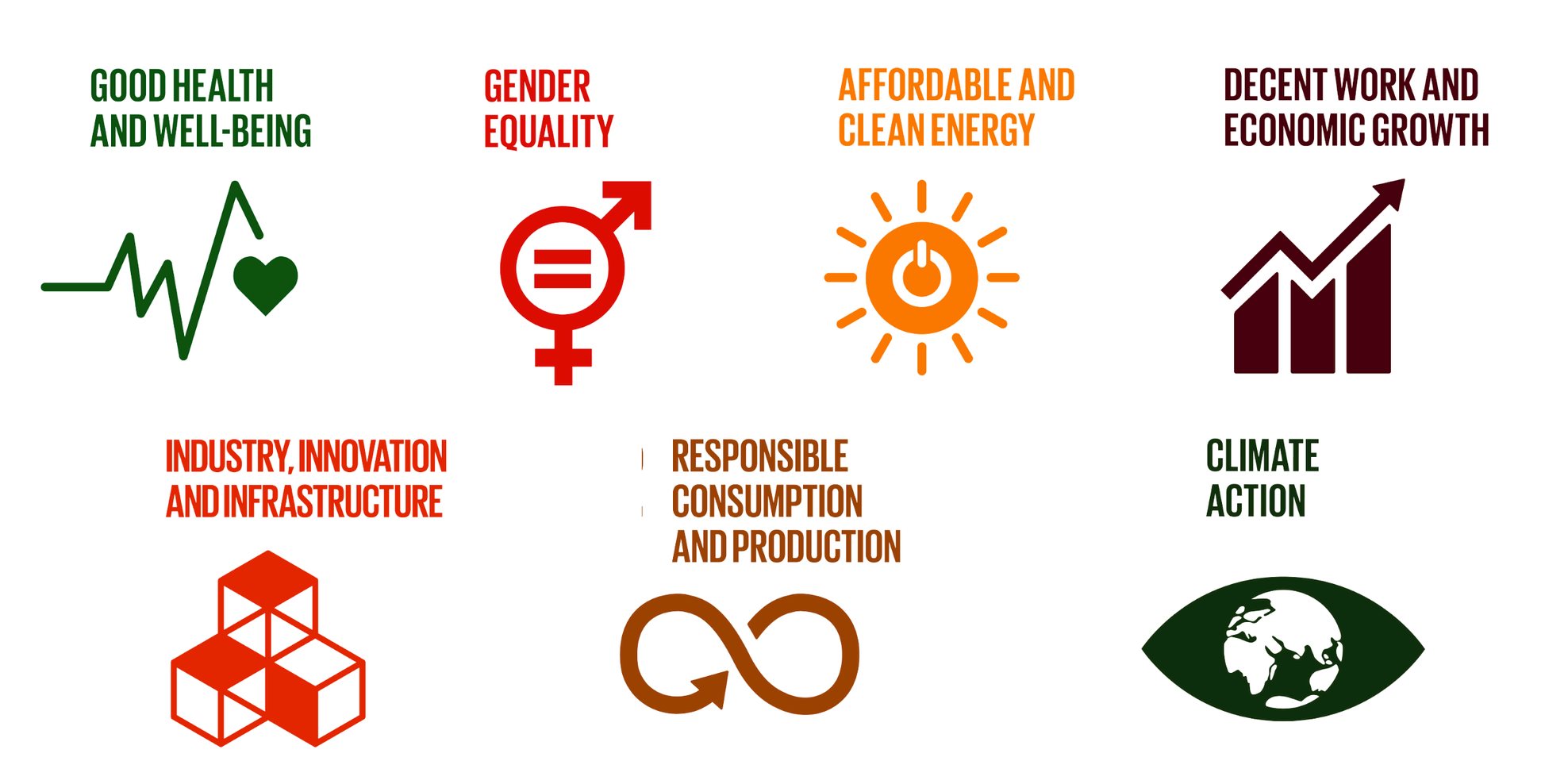A Roadmap for Sustainable Business
THE GLOBAL SUSTAINABILITY CHALLENGES AFFECT COMPANIES AND THEIR BUSINESSES TO AN INCREASING EXTENT AND THE UN’S GLOBAL GOALS FOR 2030 IS A REALITY THAT WILL AFFECT ALL SORTS OF ACTIVITIES. IT IS IMPORTANT TO REALIZE HOW FAR-REACHING THIS CHANGE IS AND MAKE SURE TO ADAPT. RIGHT NOW, SECO IS DOING EXACTLY THIS.
Seco’s approach to sustainability is to work in an active and structured way. The aims are to recycle as much raw material as possible, steadily increase the efficiency of the manufacturing processes, and continue to reduce waste and consumption of energy and water. Four years ago, Seco introduced the Green Fund into which money is set aside every year. This makes it possible to finance new investments and projects aimed at strengthening the sustainability work.
Furthermore, sustainability often comes in when the task is to helps customers to analyze their production processes. Seco can propose measures that increase the efficiency of a customer’s production system, the customer gets a more sustainable profile as a result — at the same time as reducing their cost.
The next step in sustainability is now being taken by setting targets for seven of the 17 Sustainable Development Goals adopted by the United Nations. The seven goals have been selected on the basis that they are the most relevant for Seco’s business, manufacturing and role in the society.
THE SELECTED GOALS ARE:
- Good health and well-being
- Gender equality
- Affordable and clean energy
- Decent work and economic growth
- Industry, innovation and infrastructure
- Responsible consumption and production
- Climate action

One of the action points is an assessment of surface coating for Seco’s Marketing and Product line where a transition from nickel coating or black oxidation to polishing of the cutters will lower the climate impact with 46 percent. An installation of solar panels at the Cheonan production unit in The UN sustainability goals The 2030 Agenda for Sustainable Development was adopted by all United Nations Member States in 2015 and is aimed at providing a shared blueprint for peace and prosperity for people and the planet, now and into the future. At its heart are the 17 Sustainable Development Goals, which are an urgent call for action by all countries in a global partnership. They recognize that ending poverty and other deprivations must go hand-in-hand with strategies that improve health and education, reduce inequality, and spur economic growth — all while tackling climate change and working to preserve oceans and forests. South Korea will lower the climate impact from electricity by 33 percent. Seco is also aiming to halve the waste from production and to halve emissions by 2030.
An important key to successful sustainability work is to make sure that sustainability is top of mind in the entire organization. Seco has strategically located technical centres for global education and training in 13 countries. In 2019, Seco will do surveys with the employees and based on the results set up workshops to discuss and decide on how to best support Seco in meeting the selected UN goals. The theme for the workshops is “what can you do to help Seco becoming a more sustainable company?”. Eventually, Seco will be in a position to contribute in the best possible way in meeting the sustainability challenge.
The UN sustainability goals The 2030 Agenda for Sustainable Development was adopted by all United Nations Member States in 2015 and is aimed at providing a shared blueprint for peace and prosperity for people and the planet, now and into the future. At its heart are the 17 Sustainable Development Goals, which are an urgent call for action by all countries in a global partnership. They recognize that ending poverty and other deprivations must go hand-in-hand with strategies that improve health and education, reduce inequality, and spur economic growth — all while tackling climate change and working to preserve oceans and forests. https://sustainabledevelopment.un.org/?menu=1300